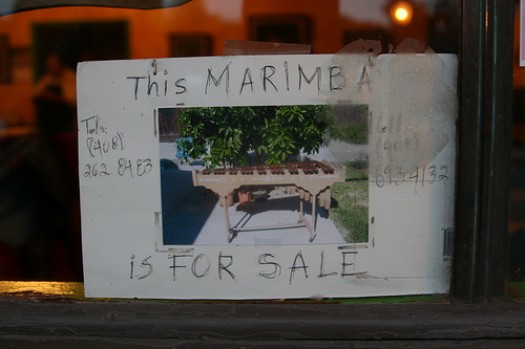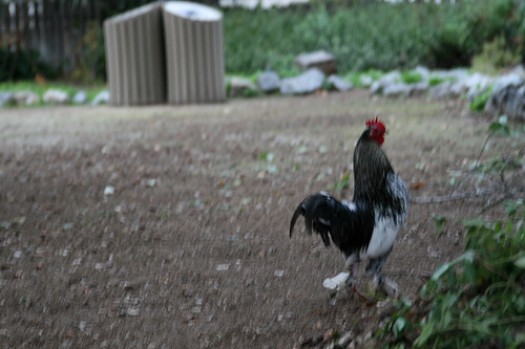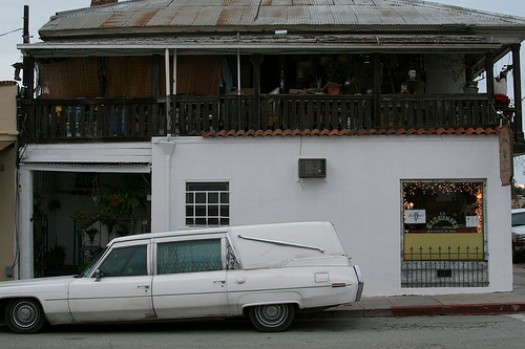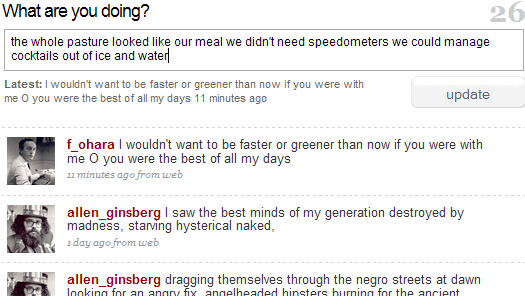What I know about the inner-workings of politics I learned in The Power Broker, and therefore I don't claim to know much other than the sausage-making involved in building the Triborough Bridge. Still, I was struck by the following passage from Ryan Lizza's New Yorker profile of Peter Orszag, the Director of the Office of Management and Budget.
The first budget, [Robert Nabors, an OMB veteran] told me, "was being designed with an eye toward what do we need to do to put the economy back on a more sustainable path? What do we need for economic growth? And what do we need to do in order to transform the country? Those were our overarching principles." The budgeteers took a hyper-rational approach, attempting to determine policy and leave the politics and spin for later. He went on, "One of the things that would probably surprise people is that this wasn't an effort where anybody created a top-line budget number and said, 'This is the number that we have to hit, and that's just that, and we'll fit everything else in.' Or, 'We can't go higher than x on revenue,' or, 'We can't go higher than y on spending.' It was more of a functional budget than anything else: 'This is what we need to do. These are our principles. These are our core beliefs. And as a result this is what our budget looks like.'"
This is probably the kind of thing that gives nightmares to the teabaggers, but I love the idea of goal-oriented budget creation. Why not try to keep your eyes on the prize of actual tangible outcomes like sustainble economic growth when you're wrangling the world's most complicated spreadsheet into submission?






